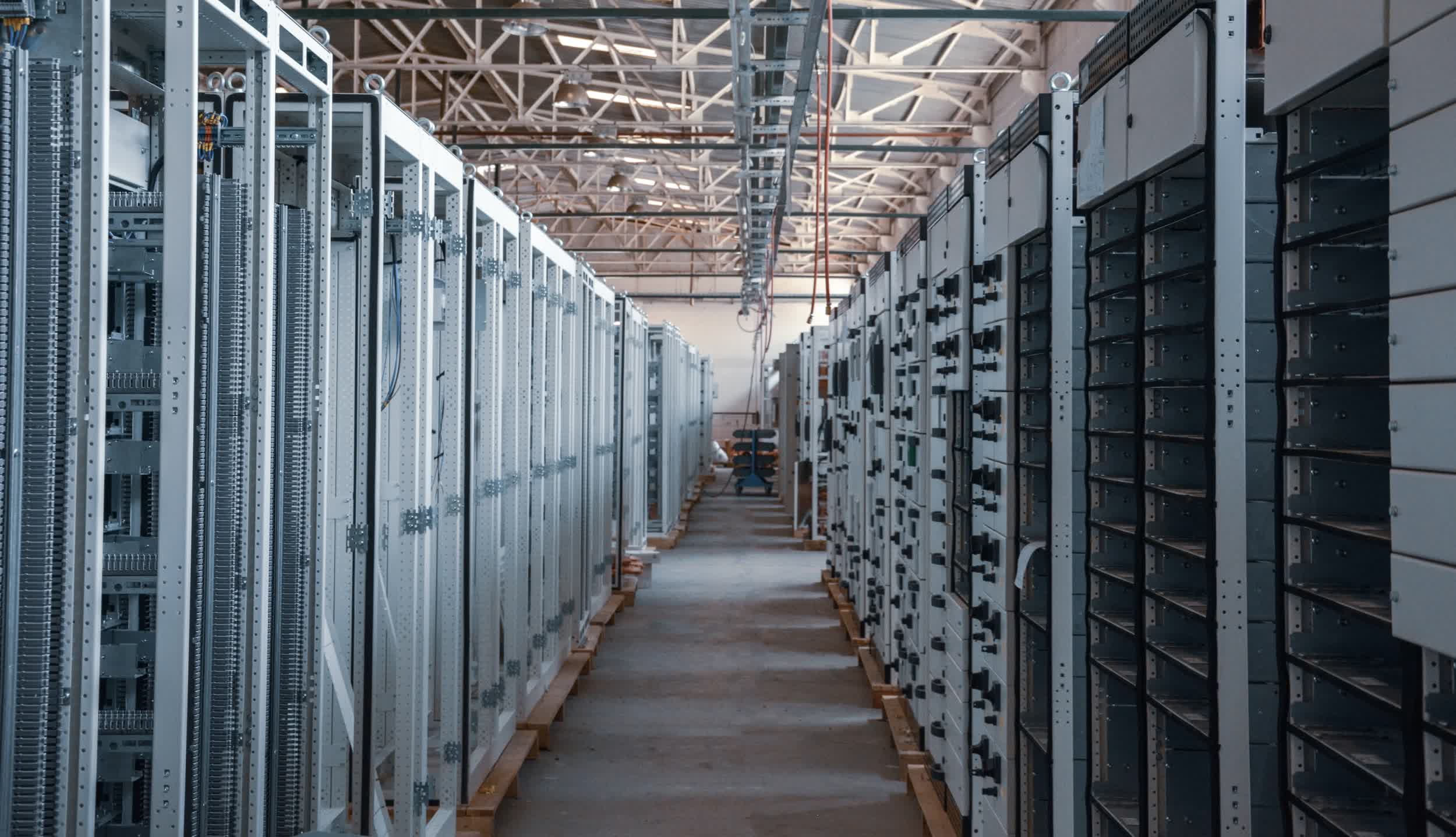In brief: Thoughts of data centers often elicit visions of sprawling server farms situated in rural areas where electricity is more affordable and tax breaks are aplenty. It's an accurate mental image in many cases but increasingly, companies are electing to move their operations to the hearts of large cities to be closer to the customers they serve.

Our progressively digital lifestyle has only fueled the desire for instant gratification. Streaming providers, app operators and other digital service providers are increasingly aware that consumers' patience for latency is razor thin. Simply put, if service isn't snappy enough, customers will take their business elsewhere.
Tech companies on the leading edge are thinking long and hard about how they can offer the same level of service regardless of where a user lives or works, and in many instances the solution is to build nodes in urban areas that seamlessly blend in with the environment as part of a concept known as edge computing.

MIT Technology Review notes that sending on colocation data centers increased by nearly 12 percent last year. Amazon, a leading cloud provider, recently announced plans to launch "Local Zones" in 32 cities around the globe for customers that demand low latency. At one point, Walmart was considering using some of its retail footprint to build edge computing platforms that could be rented out to third parties.
The publication sees the proliferation of data centers in urban areas as a double-edged sword. On one hand, owners and operators are being mindful to build them discretely so they aren't eyesores to the local environment.
Conversely, these stealth installations make it easier to forget just how many resources Internet usage costs. Last year, data centers accounted for 1.8 percent of electricity consumed in the US and were responsible for 0.5 percent of greenhouse gas emissions.
Image credit: Donny Jiang, Ismail Enes Ayhan
https://www.techspot.com/news/95088-companies-quietly-moving-data-centers-cities-reduce-latency.html